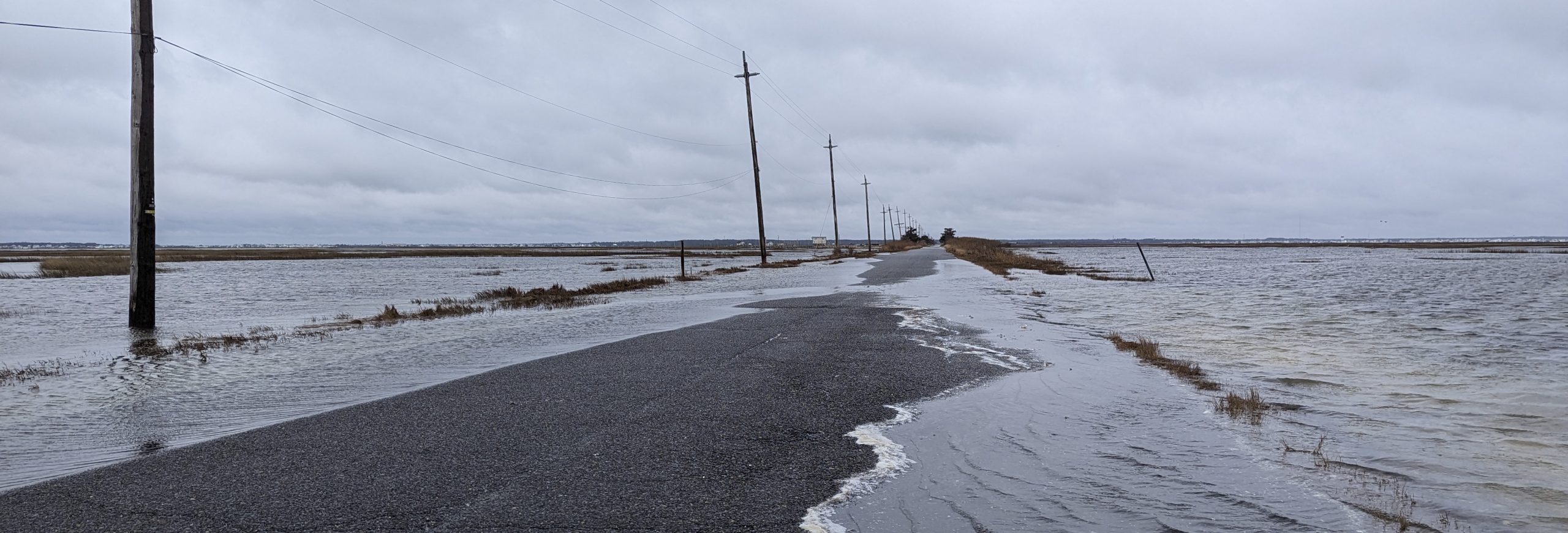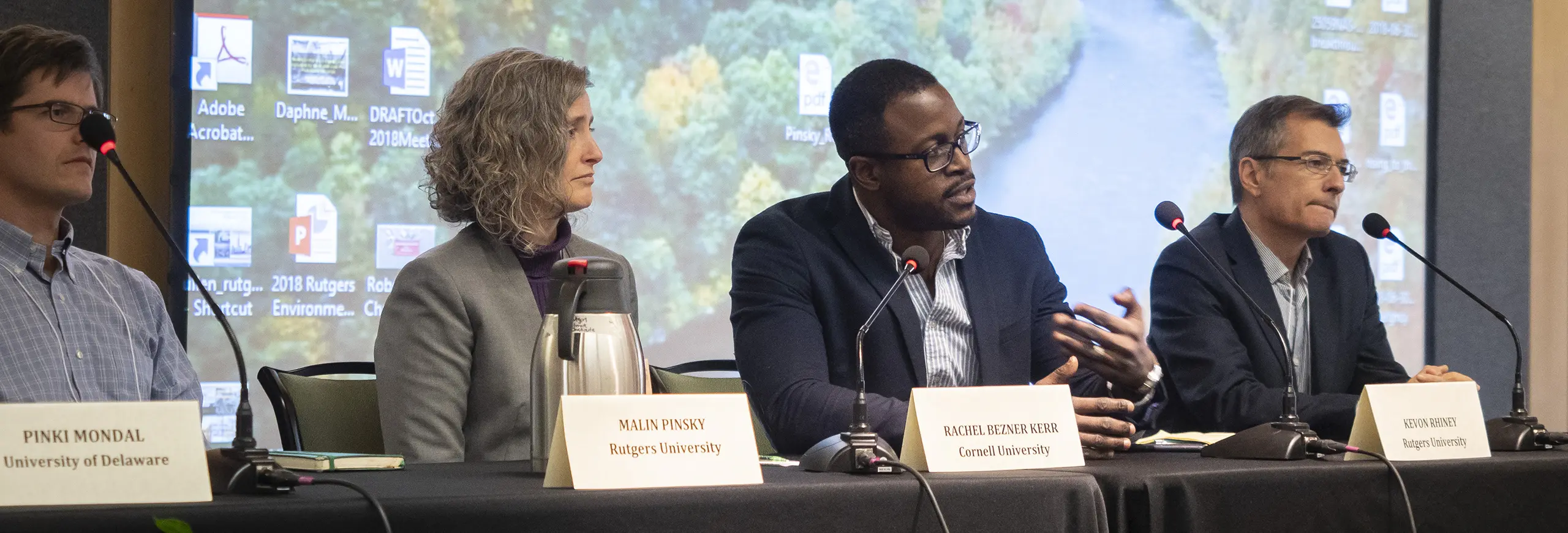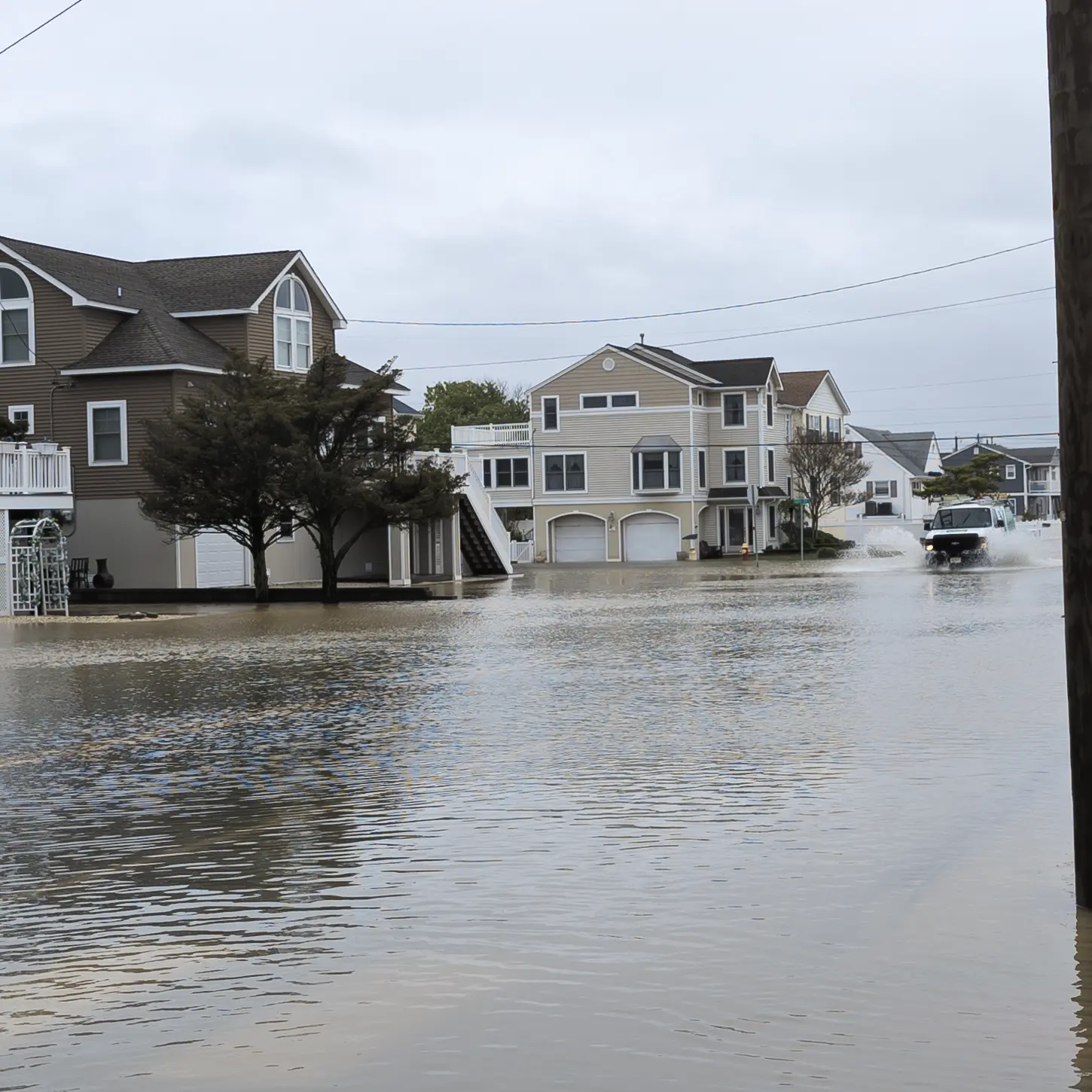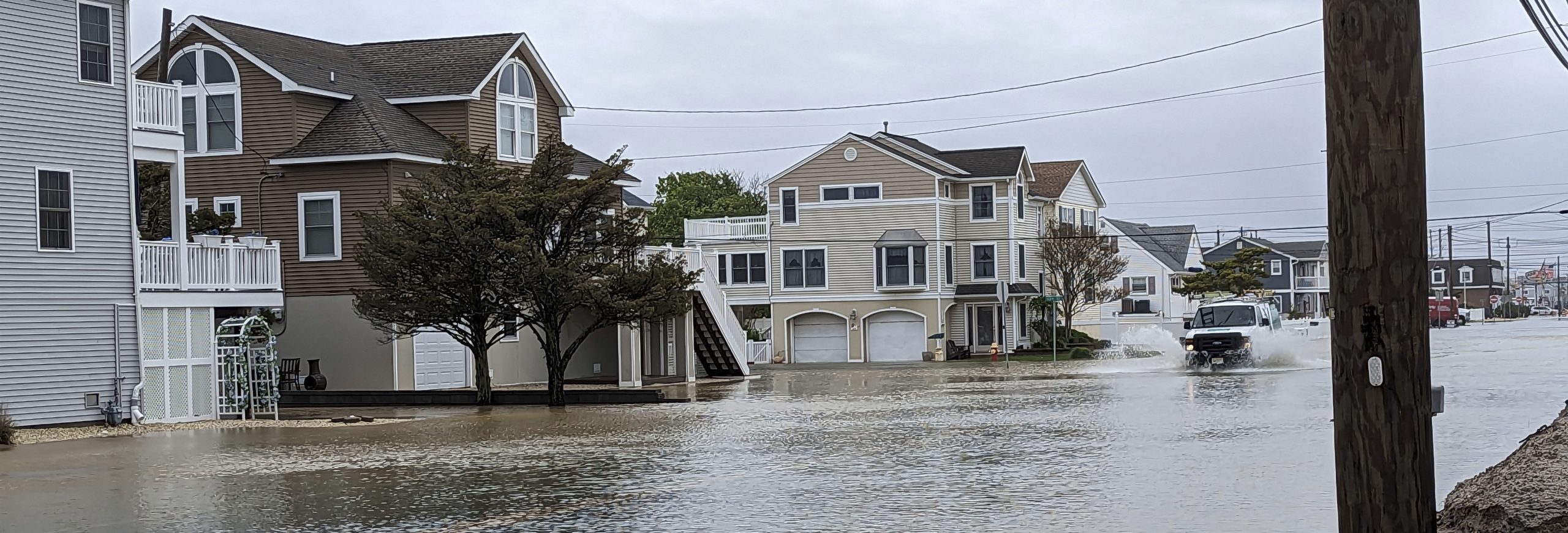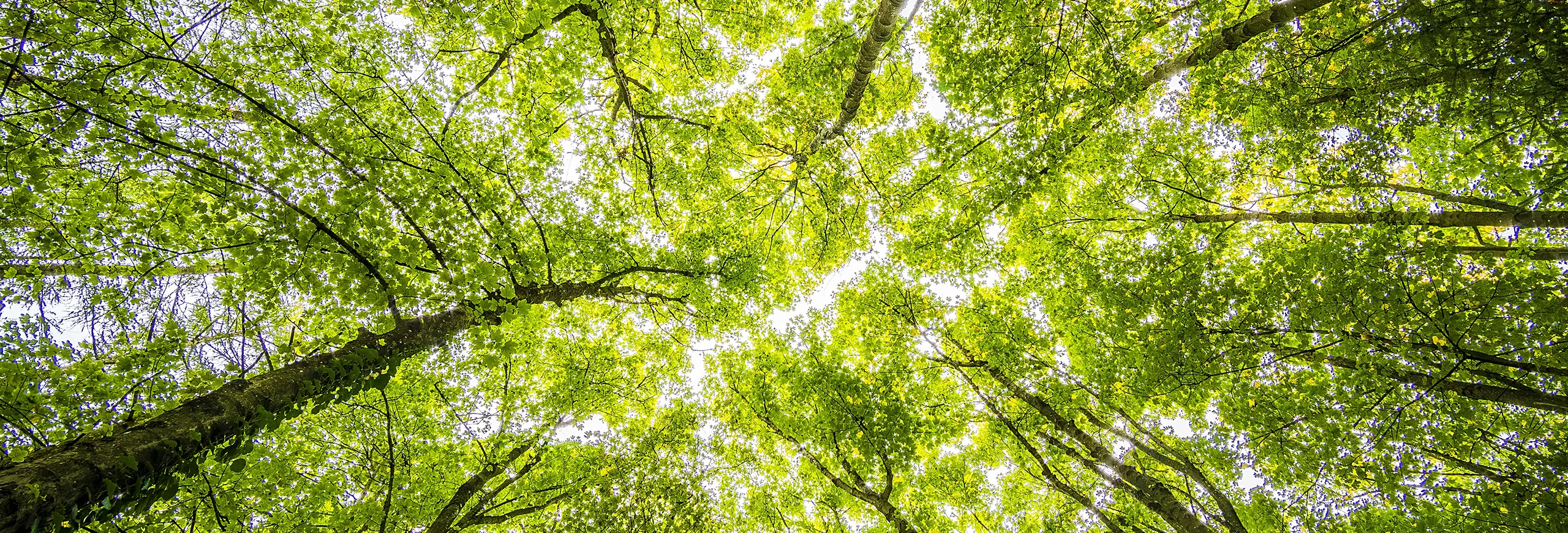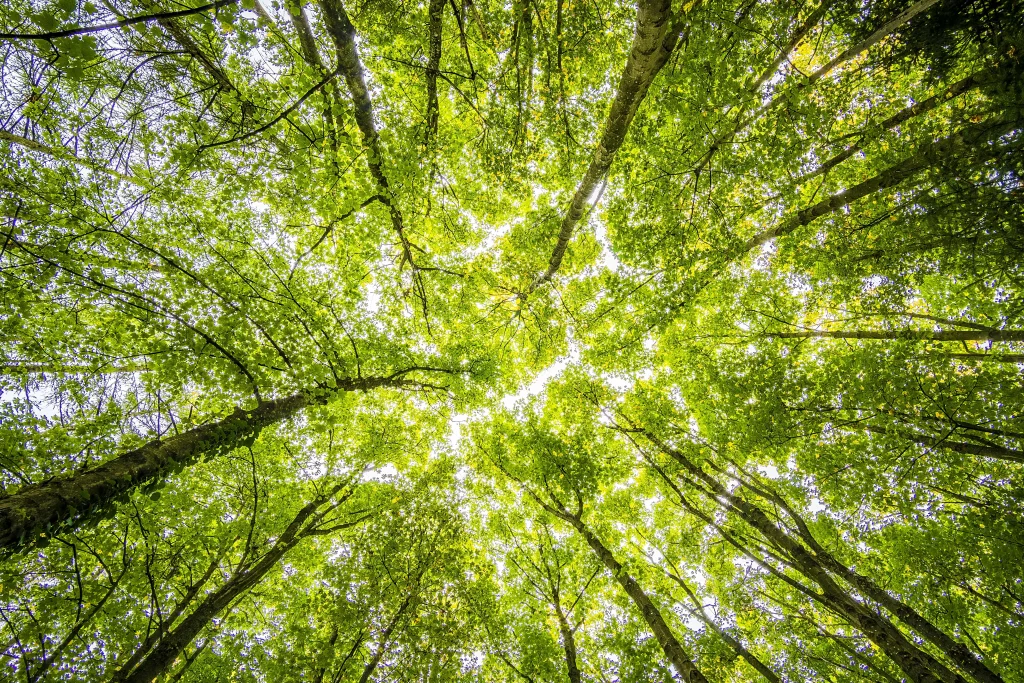About RCEI
The Rutgers Climate and Energy Institute seeks to contribute to a resilient, equitable, and sustainable climate future. RCEI connects faculty, staff, and students through transformative climate change research, innovation, education, and outreach.
Primary Focus Areas
Earth System Science
Human Dimensions of Climate Mitigation, Adaptation, and Resilience
Renewable Energy, Technology and Energy Conservation
Climate Change Communication and Environmental Humanities
Commitment to Diversity, Equity, and Inclusion
The Earth’s climate reflects a complex interplay between the atmosphere, ecosystems, oceans, human activity, and the solid earth. Incorporating a diversity of scholarly perspectives is key to achieving technological, ecological, social, and policy solutions that will lower greenhouse gas emissions, and guide society’s response to the current and pending impacts of climate change.
The Rutgers Climate and Energy Institute realizes its mission through:
Creating Dynamic Scholarly Communities
Increasing Grant Funding
Signature Initiatives
Actively Engaging in Scholarly Exchange
History of RCEI
The Rutgers Climate and Energy Institute builds upon the world-class faculty and staff in the disciplines interwoven in climate change and renewable energy and technology scholarship throughout Rutgers-New Brunswick. Subsets of these faculty and staff have organized under existing initiatives and institutes for almost 2 decades before the 2023 launch of the Rutgers Climate and Energy Institute.
RCEI was most recently preceded by three institutes: the Rutgers Climate Institute (RCI); the Rutgers Energy Institute (REI); and the Institute of Earth, Ocean, and Atmospheric Sciences (EOAS). The Rutgers Climate Institute was created in 2013 with its origins dating back to two climate-change related initiatives formed in 2006, one based in the School of Environmental and Biological Sciences and the other based in the School of Arts and Sciences. The Rutgers Energy Institute was also formed in 2006. The Institute of Earth, Ocean, and Atmospheric Sciences was established in 2014.
The goals of these 3 precursor Institutes are not only embodied with RCEI, but integrated together with the generous support of the Rutgers- New Brunswick Chancellor and 5 Schools within Rutgers-New Brunswick (Edward J. Bloustein School of Policy and Planning; Mason Gross School of the Arts; School of Arts and Sciences; School of Engineering; and School of Environmental and Biological Sciences) RCEI is empowered to further Rutgers-New Brunswick’s exemplary leadership in addressing one of the most critical issues of our time.




